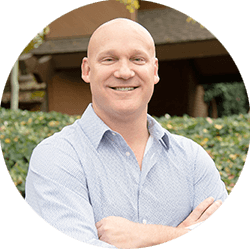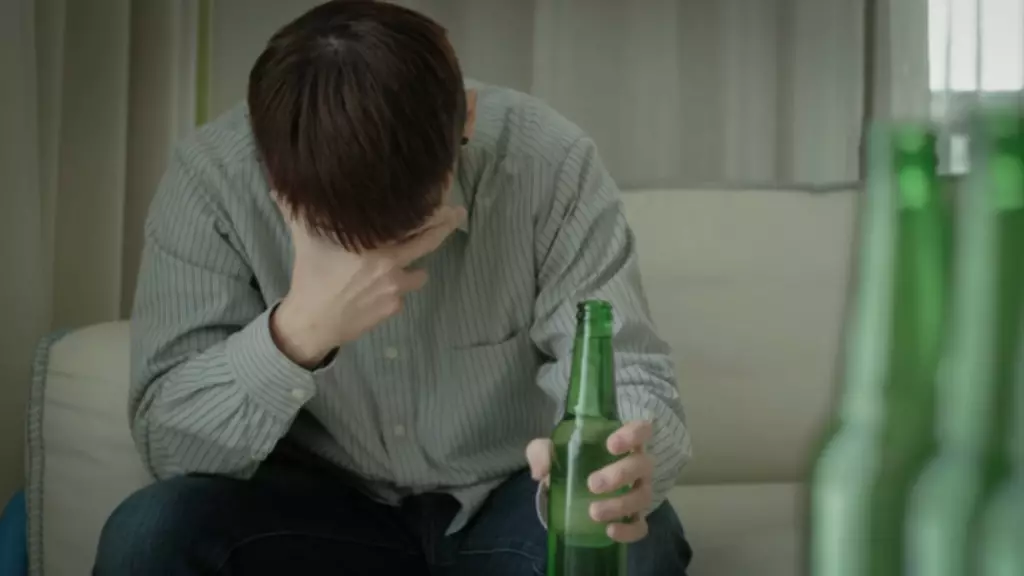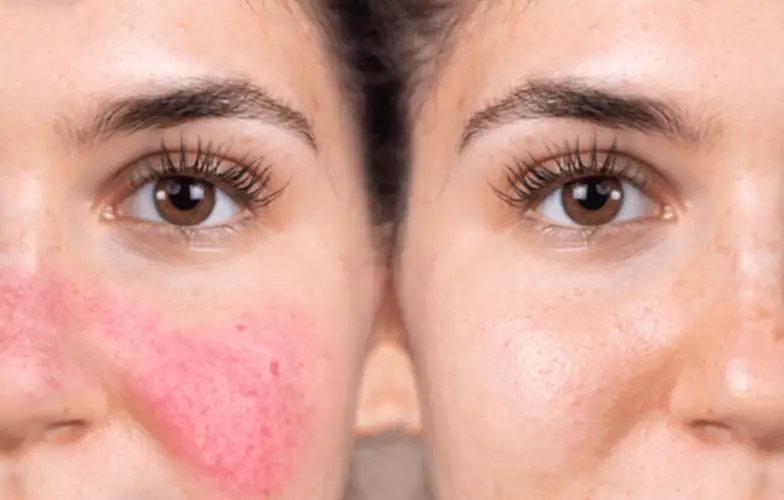It is in accord with the evidence that the longer a person goes without using, the weaker the desire to use becomes. That view contrasts with the evidence that addiction itself changes the brain—and stopping use changes I Relapsed – What to Do Now? it back. Use of a substance delivers such an intense and pleasurable “high that it motivates people to repeat the behavior, and the repeated use rewires the brain circuitry in ways that make it difficult to stop.
- We often start fantasizing about our drinking days when our current life is lacking the satisfaction we want out of it.
- What started off as an engaging, riveting whiskey conversation is devolving into messy foolishness.
- Some treatment providers and facilities offer aftercare services as part of the original treatment plan, or free counseling for a period following the initial treatment time.
- One goal of treatment is to help people learn to recognize the signs of relapse during the early stages to increase the chances of a successful recovery.
- It’s accidentally taking a swig of rum in the piña colada after you explicitly requested non-alcoholic.
Step-by-Step Guide to Recovery After Relapsing
Breakthrough: Breast cancer relapse linked to fat metabolism - Medical News Today
Breakthrough: Breast cancer relapse linked to fat metabolism.
Posted: Tue, 16 May 2017 07:00:00 GMT [source]
A physical relapse is when the thoughts and feelings you experience turn to action. This final stage of the relapse process is the active use of a substance. You may not necessarily be thinking about using a substance at this stage.
Is Relapse a Sign of Failure?
Outside of a freelapse, traditional relapses aren’t usually sudden events. Generally, relapse is a process occurring over weeks or months. A “freelapse” is a term used for an accidental relapse. If you unintentionally used a substance, you’ve experienced a freelapse. For example, this could occur if you were given a drink at a family gathering that you mistakenly thought was non-alcoholic.
What is the Definition of Relapse?
We’ll get into how to find that kind of support in a bit. You may have heard the phrase “relapse is part of recovery.” That’s true for many people. “Relapse is not an inevitable component of addiction, but [it is] certainly a very common component of addiction,” Dr. Brennan says. Reminding your loved one that many people relapse before achieving stable and lasting sobriety may make them feel less alone.
You feel out of control.
What Causes Relapses in Opioid Addiction Recovery?
- Depression can have a severe impact on a person’s life, but treatments can reduce symptoms and the length of depression episodes.
- Make sure to keep open communication with your adult child and continue to check in on them regularly but avoid nagging.
- To use this dropdown – go to the Advanced tab and give it a unique ID that contains the exact ID of the menu item that triggers this menu + ‘dropdown’.
- During treatment, clients will learn why they relapsed and take steps to prevent another relapse in the future.



